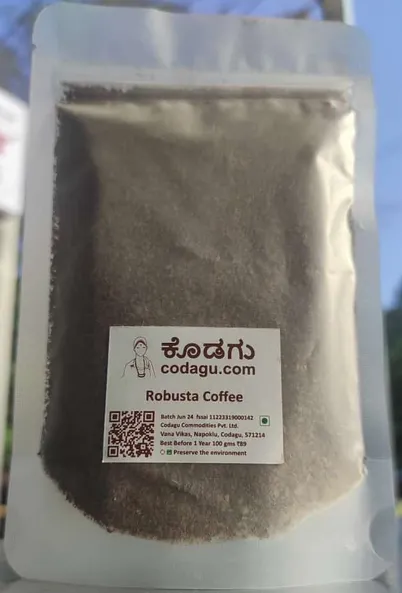About Chicory
Chicory is a plant species native to Europe and Asia, but it is widely cultivated in many parts of the world for its culinary and medicinal uses. The plant belongs to the dandelion family and is often used as a substitute for coffee, due to its bitter taste.
The most commonly used part of the chicory plant is the root, which is dried and ground into a fine powder that is used to make a caffeine-free beverage. The dried, roasted root has a strong, bitter flavor that is similar to coffee, and it can be used alone or blended with coffee to create a unique flavor.
In addition to its use as a coffee substitute, chicory has also been used for centuries as a medicinal plant. The root has been used to treat digestive issues, liver problems, and skin conditions, and it is still used today in traditional herbal remedies in many parts of the world.
Chicory is often used as a substitute for coffee because it is a more affordable alternative. Chicory root is less expensive to produce than coffee beans, and it grows much more quickly, making it a more sustainable and cost-effective option for many people. Additionally, because chicory contains no caffeine, it is a suitable alternative for people who are sensitive to caffeine or who prefer not to consume it.
Another factor that contributes to the popularity of chicory as a coffee substitute is its versatility. Chicory can be used on its own or blended with coffee to create a unique flavor profile, and it can be roasted to different levels of darkness to create different flavor profiles. This allows people to enjoy a coffee-like beverage without having to pay the high prices associated with coffee.
In some countries, chicory has a long history of being used as a coffee substitute, particularly during times of economic hardship or shortages of coffee. For example, during the Civil War in the United States, chicory was used as a coffee substitute due to the high cost of coffee and the difficulty of obtaining it. Similarly, during World War II, coffee was rationed in many countries, and chicory was used as a substitute to conserve coffee supplies.
The use of chicory as a coffee substitute is largely driven by its affordability, versatility, and availability. It offers a convenient and cost-effective alternative to coffee for people who want to enjoy a similar flavor and experience without having to pay high prices or consume caffeine.
Chicory is generally considered safe for most people to consume in moderate amounts, but there are some potential side effects that you should be aware of. Here are a few potential harmful effects of consuming chicory:
Allergic reactions: Some people may be allergic to chicory and may experience symptoms such as itching, hives, swelling, and difficulty breathing after consuming it. If you have a known allergy to chicory or any other plants in the dandelion family, it is best to avoid consuming chicory.
Interactions with medications: Chicory contains inulin, which is a type of soluble fiber that can interfere with the absorption of certain medications. If you are taking any medications, it is important to talk to your doctor before consuming chicory to make sure that it will not interact with your medications and affect their effectiveness.
Digestive issues: Consuming large amounts of chicory can cause digestive problems such as bloating, gas, and diarrhea. This is because chicory is high in inulin, which can be difficult for some people to digest. If you experience digestive symptoms after consuming chicory, you should reduce your intake or avoid it altogether.
Caffeine sensitivity: Chicory is often used as a coffee substitute, but it does not contain caffeine. If you are sensitive to caffeine, it may still be best to avoid chicory or consume it in moderation to avoid any potential adverse effects.
Pregnancy and breast-feeding: There is limited research on the safety of consuming chicory during pregnancy and breastfeeding, so it is best to avoid it or consume it in moderation during these times.
If you are experiencing any adverse effects or are concerned about the safety of consuming chicory, it is best to talk to your doctor before consuming it.














